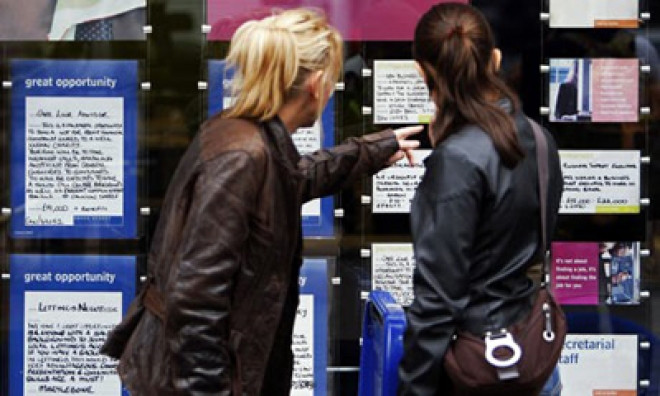UK Jobs Market Slack Masked by 'Rise in Selfies', says Schroders

The UK jobless rate has dropped to the five year low but a rise in self-employment- or 'selfies'- is allegedly hiding slack in Britain's labour market.
According to a note by major UK investment firm, Schroders, the headline UK unemployment rate fall, to 6.8% in the first quarter of the year compared to 6.9% in the previous period, is not as positive as some may think.
"The 'Selfies' craze has spread beyond the scope of politicians taking self-photos," said Azad Zangana, Schroders' European Economist.
"The latest Labour market statistics revealed another large rise in the number of self-employed, which are helping to lower the unemployment rate, but may be overstating the recovery in the labour market.
The Office for National Statistics revealed today that employment grew in the first three months to March as there were 30.4 million people in, up from 30.2 million in February.
However, this was partly due to more 'selfies' as the UK's employment rate hit 72.7%, up from 72.1% in the three months to December.
The number of self-employed people jumped by 375,000 in the three months to March to reach 4.55 million.
"While there is no doubt that work patterns are changing to increase flexibility for both employers and employees, we are concerned that the shift away from full-time formal employment is contributing to the dismal productivity growth the economy has seen in recent years," said Zangana.
"Moreover, we suspect that a large proportion of the recently self-employed would return to being employees once the economy accelerates further. This is significant as it suggests that there is a greater degree of slack in the labour market, which bears down on the growth in wages.
"Indeed, looking at the latest pay growth figures, the city consensus was disappointed with just 1.7% average weekly earnings growth compared to a year earlier, whereas the consensus was for a pick up to 2.1%."
Markets have reacted negatively to the jobs data as sterling fell sharply to a one-month low against the dollar on Wednesday.
© Copyright IBTimes 2025. All rights reserved.






















